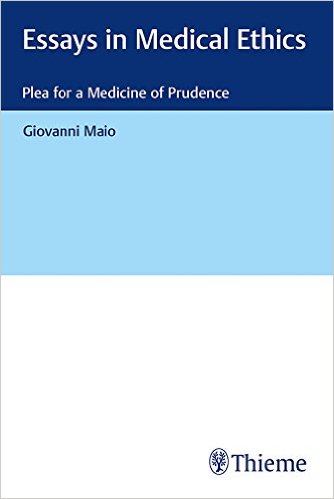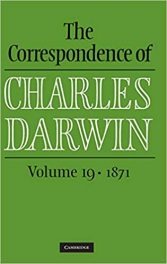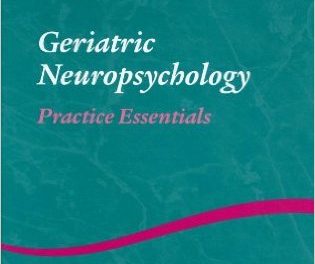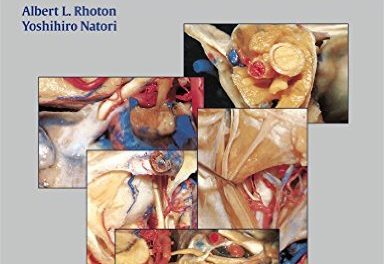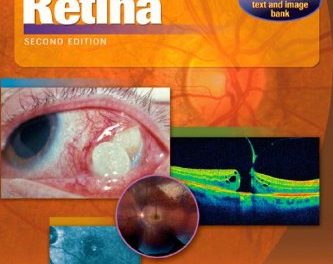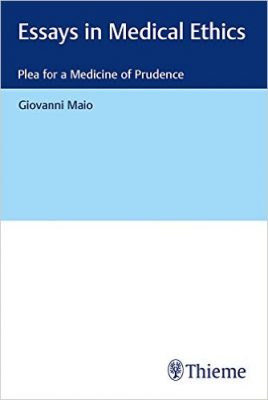 Author: Giovanni Maio, MD
Author: Giovanni Maio, MD
Publisher: Thieme – 194 pages
Book Review by: Deekay Daulat
There have been numerous and far-reaching advancements in medical science over the course of the centuries of human life, especially in the last several decades. These positive changes have blessed us with much longer lives than before, as well as an overall higher quality of life.
Those individuals who realize that improved nutrition, cleaner air, and regular exercise have helped them live longer, with more energy and fewer ailments, should impart their experience and insight to anyone seeking stress-free optimal health
It has been shown numerous times that what we are physically is for the most part (excluding inherited conditions) the result of what we eat, drink, and breathe. I add that our mental state is the result of what and we think.
Typically, with exceptions, what we appear on the outside is a manifestation of how healthy we are internally. I believe also that what and how we speak is the manifestation of what and how we think. You are fortunate if you give gratitude for what you have materially and otherwise, with good family members and friends.
Guess what happens if you express gratitude for your material blessings? More of those blessings will come to you !
Advances in medicine have come forth as a result of research that brought us new knowledge, acquisition and development of skills, and new technologies in the form of machines that can diagnose diseases with more detail, enlarging our range of treatment options.
Part of those medical advances include plastic surgery. In its current stage, it can make us look slimmer with better physical contours (e.g. better breasts, buttocks), more handsome or beautiful with better facial features, and no wrinkles.
So there is much that medicine has done for us. Dr. Giovanni Maio writes: “advances in medicine is the major reason we are alive at all and have not had to die of disease or in an accident…it saves us when we contract a disease that only a hundred years ago would have been a death sentence. “
He points out that “modern, well-functioning medicine” is a “great achievement” as a result of advances by past medical pioneers and it did not coming into existence all on its own. In short, we should not take it for granted.
“And yet it is precisely this great and indisputable success that bears the seeds of skewed development of other aspects of development,” that should not expect us to eventually “have everything under control,” e.g. find cures for every disease.
He cautions us: “we lack the ability to determine everything ourselves and the essential things that are not in our hands,” and that we must “learn to cope with the finiteness of our ability.”
He discusses these and other realities in this well-thought-out and brilliantly-written book that it organized around these topics:
Introduction
- Meeting in the Petri Dish?
- Screen, Test, Weed Out?
- Prettier, Better, Stronger?
- Is Health a Duty
- The Crisis of Confidence in Organ Donation
- On the Value of Age, Beyond the Fitness Imperative
- Living Wills – Are Forms Replacing Dialogue?
- Being Able to Let Go, For a New Culture of Dying
Epilogue: Happiness Lies In Our Attitude Toward the World
The theme of this book, in my view, is that with all the wonderful and seemingly miraculous discoveries of medicine that has cured diseases, lengthened our leaves, and made us healthier, let us not get giddy that the sky is the limit for this field.
Reading this book will raise fundamental questions in your mind such as:
- Where are the promises of reproductive medicine leading us: disease-free babies?
- What about transplantation – can we eventually replace every diseased body part or organ with new one?
- To what extent can health be “made” and to what extent is it a gift?
- Does “better, prettier, longer, stronger” promise us greater happiness?
- Why is the question of organ donation more difficult than is suggested to us?
- Does being old have its own intrinsic value?
- How can we acquire an attitude towards dying that does not leave us feeling powerless?
In my informed view, from reading about ongoing research in several medical specialties that hold promise of cures under certain limitations, there is much more good news coming our way. However, we should still adopt an attitude of prudence as Dr. Maio – the experienced highly qualified author of this highly insightful and thought-provoking book – suggests to us.
Author:
Giovanni Maio, MD is Chair of Medical Ethics and Director of the Institute of Medical Ethics and History of Medicine at the University of Freiburg in Freiburg, Germany.
He is both a philosopher and a physician with many years of clinical experience. He criticizes the promises of feasibility of an engineered medicine and advocates an ethics of prudence: “We cannot become happy without an insight into the limits of what is feasible and the acceptance of the world as it is.”

